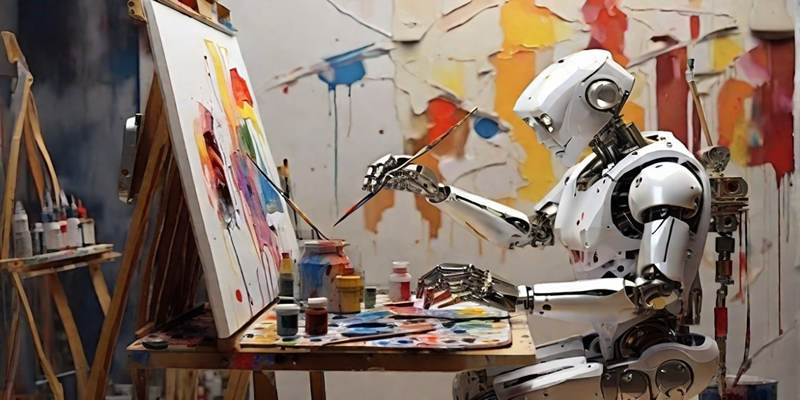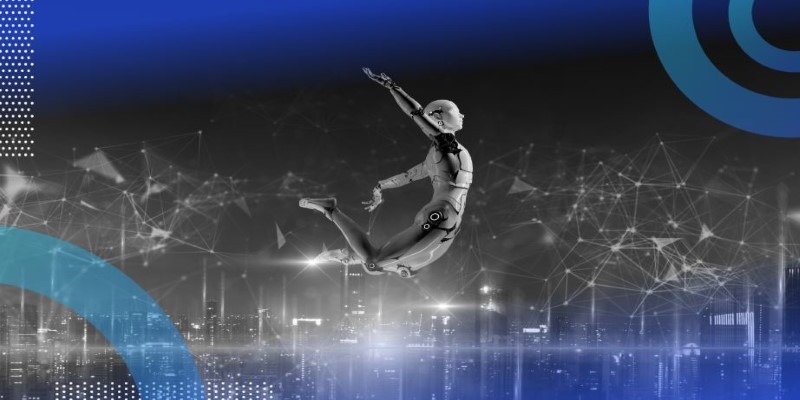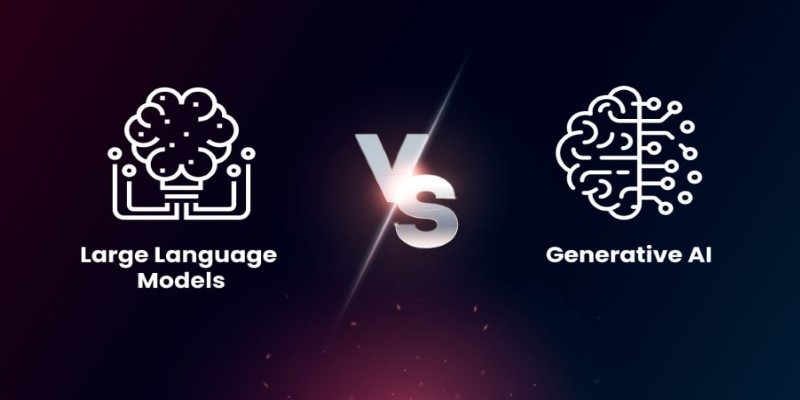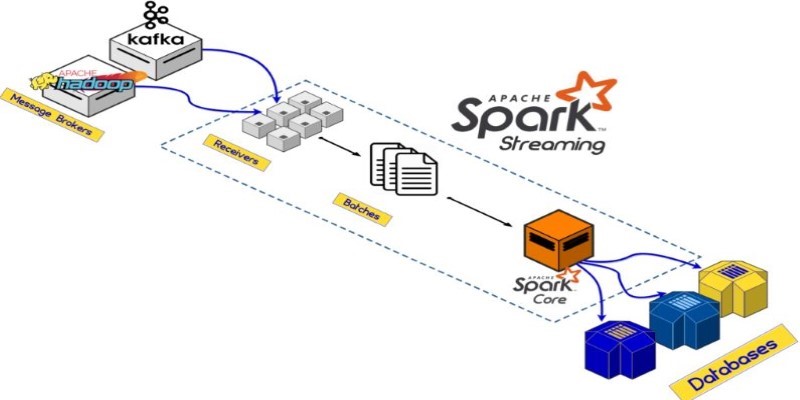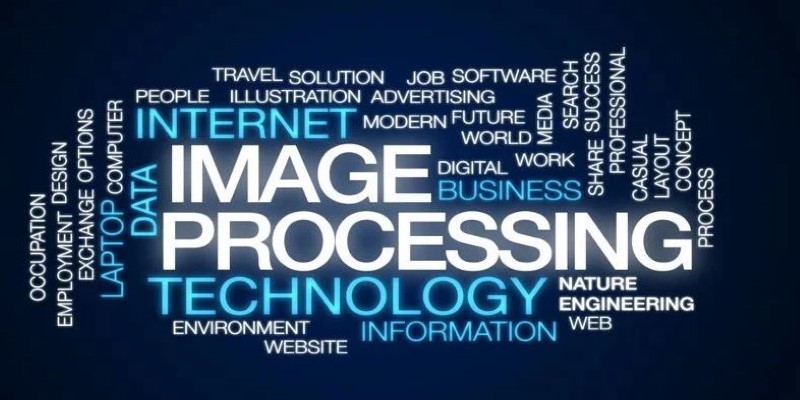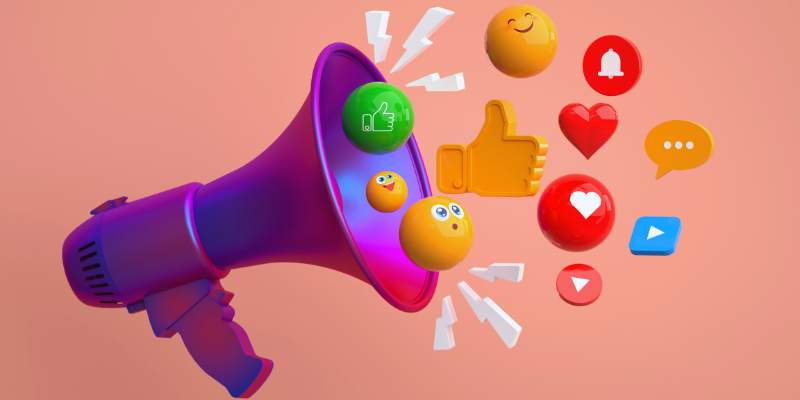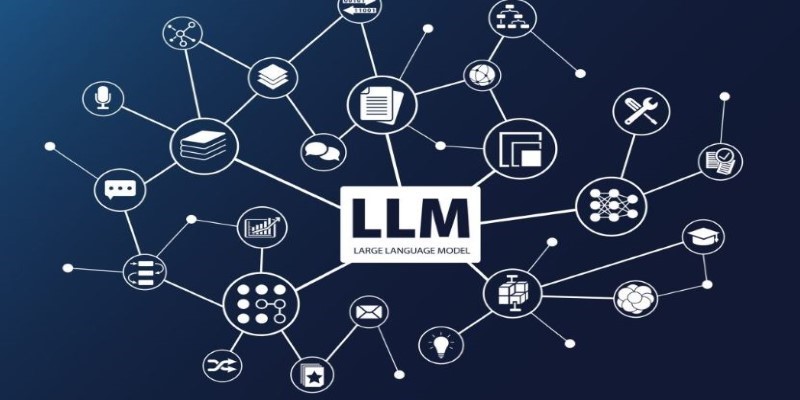In the entertainment business, Artificial Intelligence (AI) is changing how music is written, movies are made, and digital material is made. From music made by AI that sounds like it was composed by a real person to virtual players who can perform like real people, AI is crossing the gap between technology and artistic expression. This change brings up issues of innovation, morality, and the effect AI is having on different leisure areas by changing standard roles and opening up new creative opportunities.
AI-Generated Music: Redefining Composition and Creativity
The way music is written and made is changing a lot because of AI. High-tech computers look at a lot of audio data and learn new music trends, styles, and frameworks.
How AI Creates Music
AI-driven music generators use deep learning and neural networks to study existing compositions and create original soundtracks. Popular tools like OpenAI’s MuseNet and Google’s Magenta can compose music in different genres, mimicking renowned artists and even creating completely new melodies. AI has the ability to look at hundreds of years of music theory and use complicated models to make pieces that follow the rules while adding new parts.
Benefits of AI in Music Production
- Efficiency & Speed: AI can come up with compositions in minutes, which makes it easier for movies, ads, and solo artists to make music.
- Customization: AI-powered music software can change songs to fit different themes, feelings, or business needs.
- Accessibility: Emerging musicians can utilize AI to assist in composition, lowering barriers to entry in the music industry.
- Music for Multimedia: Virtual reality games, ads, and online content are using AI-generated music more and more, which makes custom tunes without a lot of human input.
Challenges & Ethical Concerns
Despite its benefits, AI-generated music raises concerns about originality, copyright, and artistic authenticity. If AI composes a song inspired by past artists, who owns the rights? Additionally, AI music lacks the emotional depth and personal experiences that human composers bring to their work. The reliance on AI could also impact job opportunities for composers, musicians, and other professionals in the industry.
Virtual Actors: A New Era of Digital Performances

In the film and television industry, virtual actors—AI-powered digital characters—are changing the way productions are made. These AI-generated characters are capable of mimicking human expressions, emotions, and speech, offering a new dimension to storytelling.
How AI Creates Virtual Actors
AI employs deepfake technology, motion capture, and CGI to generate digital replicas of real actors or entirely new virtual beings. Studios like Lucasfilm and Marvel have already used AI to de-age actors or digitally recreate performers who have passed away, as seen in movies like Rogue One: A Star Wars Story and Fast & Furious 7. In animation and video games, AI is used to generate realistic facial animations and movements that closely resemble human performance.
Advantages of AI in Acting
- Cost Efficiency: AI actors can reduce production costs, eliminating travel, accommodations, and salaries for human performers.
- Limitless Possibilities: Virtual actors can perform impossible stunts, appear in different periods, or be used in animated films seamlessly.
- Consistency: Unlike human actors who age or change appearance, AI characters can maintain consistency across multiple projects.
- Enhanced Special Effects: AI can create hyper-realistic digital characters that blend seamlessly into live-action films, improving the overall cinematic experience.
Ethical Dilemmas of Virtual Actors
The rise of AI actors has sparked debates about job displacement in the entertainment industry. Will AI replace human actors? Additionally, concerns over consent arise when AI is used to recreate deceased actors or modify performances without an individual’s approval. Actors and unions have begun advocating for regulations to protect the rights of performers in an era where their digital likenesses can be manipulated without direct involvement.
AI in Video Games: Enhancing Realism and Interactivity
AI is not only reshaping movies and music but is also revolutionizing the gaming industry. AI-driven characters, procedural content generation, and adaptive storylines have become essential in modern gaming experiences.
How AI Enhances Gaming
- Procedural Content Generation: AI can create new levels, landscapes, and scenarios in real time, ensuring each playthrough feels unique.
- Smart NPCs: AI-driven non-playable characters (NPCs) react intelligently to player decisions, improving immersion.
- Voice Synthesis: AI-generated voices allow characters to speak dynamic dialogue instead of pre-recorded lines.
- Realistic Animations: AI enhances motion capture, allowing characters to move and interact more naturally within game environments.
As AI continues to be used in video games, it raises concerns about reducing the need for human developers, voice actors, and artists. However, it also expands creative possibilities, allowing smaller game studios to produce high-quality content with fewer resources.
AI in Visual Effects and Animation

AI-driven technology is transforming the way visual effects (VFX) and animation are created. Tools like DeepFaceLab and NVIDIA’s AI-driven rendering engines allow studios to create hyper-realistic animations with less manual effort.
AI in Visual Effects
- Deepfake Technology: Used for de-aging actors, changing facial expressions, and replacing actors seamlessly in post-production.
- Automated Backgrounds: AI-generated environments eliminate the need for costly location shoots.
- Real-time Rendering: AI accelerates the process of rendering complex visual effects, improving efficiency in production timelines.
AI-assisted animation tools help animators create lifelike character expressions and movements, making the animation process more efficient. It is particularly useful in industries like anime, gaming, and 3D animation, where frame-by-frame animation can be time-consuming and costly.
Conclusion
AI is undeniably transforming entertainment, from AI-generated music-enhancing compositions to virtual actors revolutionizing filmmaking. The integration of AI in scriptwriting, gaming, and visual effects is redefining how content is created, optimized, and consumed. While AI offers exciting possibilities, it also challenges traditional notions of creativity and ethics. As AI-generated content becomes more prevalent, industries must establish guidelines to protect intellectual property, ensure ethical usage, and preserve human artistry in entertainment.
